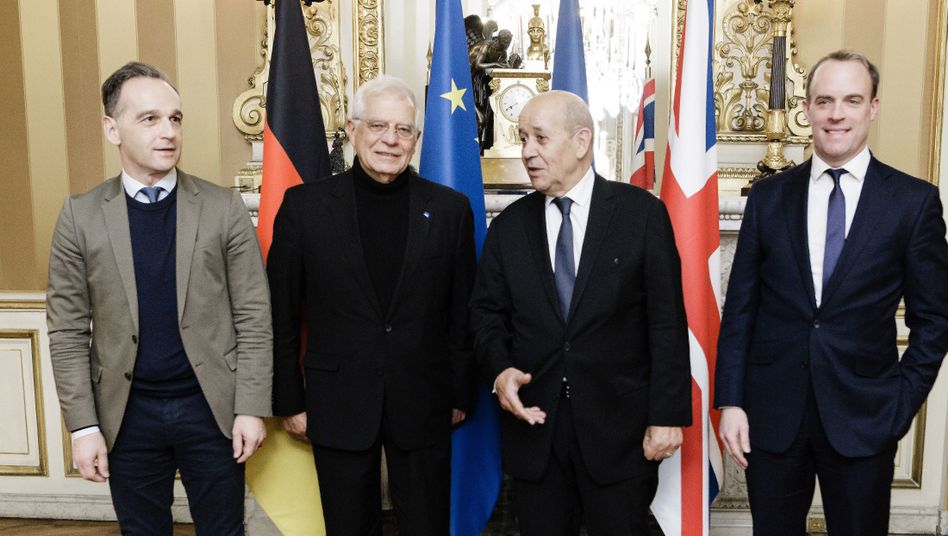
The almost complete absence of any EU discussion in the German #btw2021 election campaign is bordering on the absurd.
This will be a key election for the EU, but also for determining German policies. But you really need a magnifying glass to find any discussion on EU policies.
This will be a key election for the EU, but also for determining German policies. But you really need a magnifying glass to find any discussion on EU policies.
The 'Wahl-O-Mat', a vote adviser tool, has only a single question on the EU - "Should Germany leave the EU". This is absolutely irrelevant for German policy and resembles on one extreme party. No question on fiscal policy etc. that could provide nuance betw the major parties. 

Today the height of absurdity was reached by an accusation that a chancellor Olaf Scholz 'could lead to the break-up of the EU', both trivalizing real threats to the Union and misrepresenting where the discussion on social policy in the EU is or could lead to.
https://twitter.com/OlafStorbeck/status/1435858287455608834
Worst of all, there are some real policy differences to be found in the election manifestos, as discussed by my colleagues @minna_alander @JulinaMintel and @RehbaumDominik:
blogs.lse.ac.uk/europpblog/202…
blogs.lse.ac.uk/europpblog/202…

• • •
Missing some Tweet in this thread? You can try to
force a refresh






